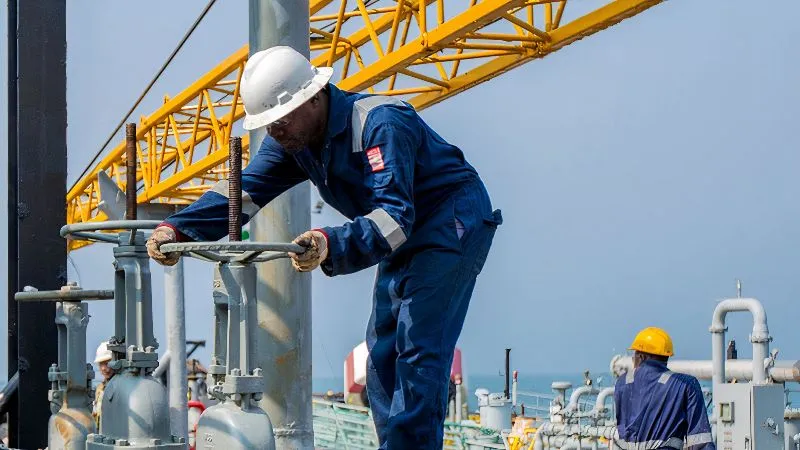Crude oil prices declined for the second consecutive month, reflecting market unease triggered by recent U.S. trade measures and a slowing global demand outlook. According to the Organization of the Petroleum Exporting Countries (OPEC), its Reference Basket (ORB) of crudes averaged $74.00 per barrel in March, down 3.7/percent from February.
The drop in oil prices coincides with the economic ripple effects of newly announced U.S. tariffs, which have contributed to a more cautious global consumption outlook. OPEC has now trimmed its 2025 oil demand growth forecast to 1.3 million barrels per day (mb/d), citing fresh data from the first quarter and anticipated shifts in global trade dynamics.
Despite the downward revision, refined fuel consumption is expected to remain steady through the rest of the year. Jet fuel and gasoline demand are each projected to rise by 0.5 mb/d in the second, third, and fourth quarters. Diesel is forecast to see more modest gains of 0.1 mb/d in Q2, and 0.2 mb/d in both Q3 and Q4.
In Europe, jet fuel markets have steadied ahead of the busy summer travel season, but a shortage of European gasoil has driven up margins and spurred greater export flows to Africa. The continent, facing growing energy needs, has become an increasingly vital outlet for European refiners.
Africa’s Oil Producers: March Snapshot
Africa’s top oil-producing countries have shown varying trends in their output. Here’s a snapshot of the top producers in March:
Top 5 African Oil Producers – March 2025 (in thousand barrels/day)
- Nigeria: 1,515 (-25)
- Libya: 1,262 (-22)
- Algeria: 912 (-2)
- Congo: 259 (+1)
- Gabon: 222 (-1)
As the global oil market trends indicate, Nigeria maintained its position as Africa’s top oil producer in March, despite a slight production dip. Output fell to 1.515 million barrels per day, a decrease of 25,000 barrels compared to February. Libya followed at 1.262 million barrels per day, down by 22,000 barrels, while Algeria’s output dropped marginally to 912,000 barrels. The Republic of Congo stood out as the only country among Africa’s top five producers to post a production increase, rising to 259,000 barrels per day. Gabon recorded a small decline, producing 222,000 barrels.
Economic Implications
While global developments may affect market sentiment, Nigeria’s economy is expected to remain largely insulated from the U.S. tariffs, which exclude oil and gas exports. According to OPEC, Nigeria’s limited trade exposure to the U.S. further reduces the likelihood of significant economic fallout. Still, internal pressures persist. Although inflation is on a downward trajectory, the weakening naira could slow the pace of relief in consumer prices. Rising public debt continues to challenge fiscal sustainability, but gains in oil output may offer a cushion—even as softer prices weigh on revenues.
As global oil markets recalibrate, African producers will need to balance output strategies with fiscal planning, amid a landscape increasingly shaped by geopolitical shifts and evolving trade rules.



